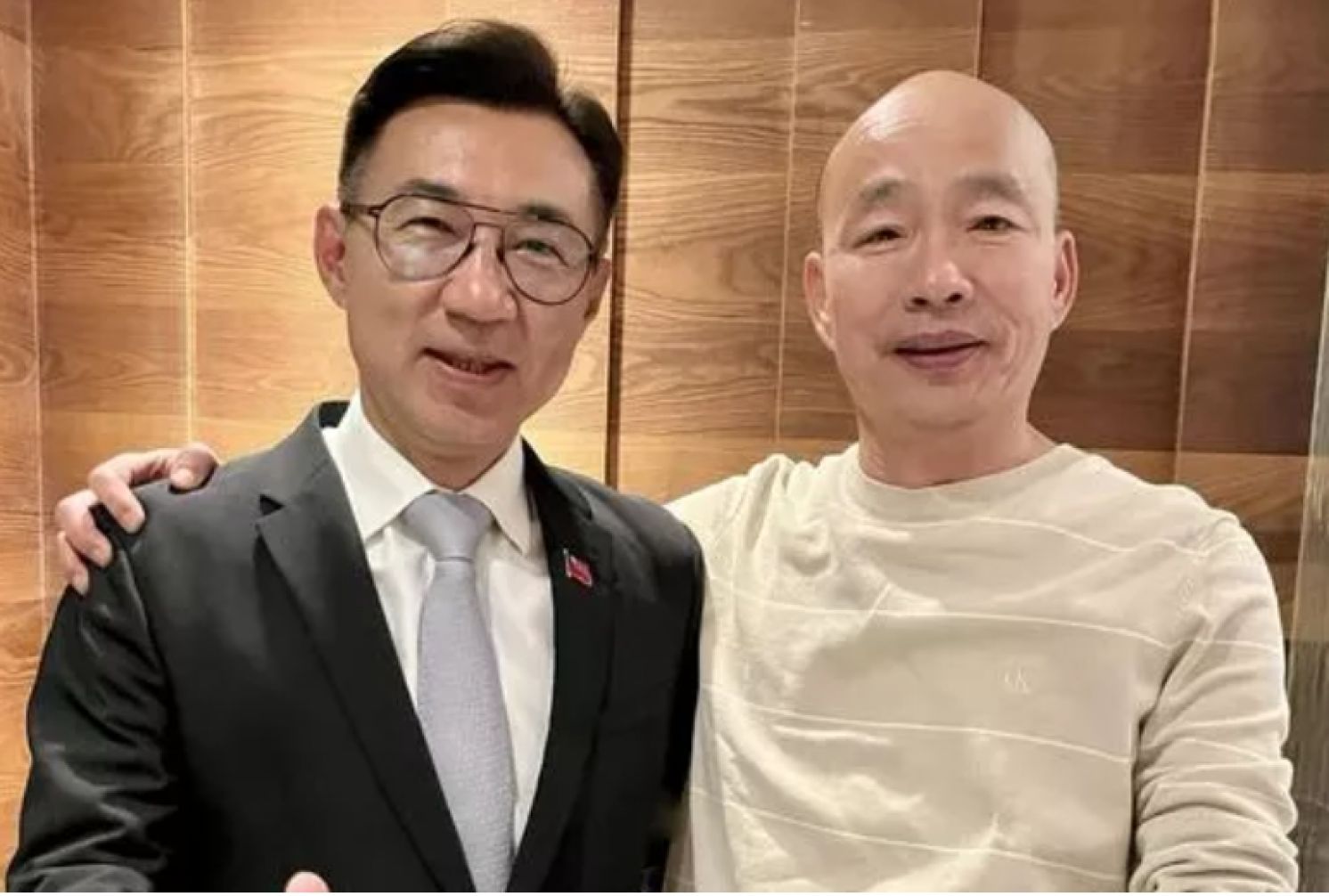
This Week in Taiwan 0128-0203
January 28: Chinese Foreign Minister Wang Yi met with U.S. National Security Advisor Jake Sullivan in Bangkok, Thailand. Wang emphasized that the Taiwan issue is an internal matter of China, and elections cannot change the fundamental fact that Taiwan is part of China. The greatest risk to peace and stability in the Taiwan Strait is "Taiwan independence," and the biggest challenge in U.S.-China relations is also related to the issue. Wang reiterated China's call upon the United States to support peaceful unification. According to a White House statement, Sullivan emphasized the importance of maintaining security and stability in the Taiwan Strait.
January 28: The Coast Guard Administration, Ocean Affairs Council, completed the approximately NT$1.74 billion (about US$55.4 million) reconstruction project for the Taiping Island port on January 20. The port is now officially operational, and a 100-ton patrol vessel will be stationed there. There is interest in whether President Tsai Ing-wen will personally attend the completion ceremony, as both former presidents Chen Shui-bian and Ma Ying-jeou have previously visited the island.
January 29: The Academia Sinica spent two years successfully developing a domestically designed and produced 5-qubit superconducting quantum computer. The quantum computer system has been launched on the cloud for testing by partners, making Taiwan one of the few countries capable of producing its own superconducting quantum computers.
January 29: President-Elect and Democratic Progressive Party (DPP) Chairman William Lai stated that future appointments for the premier and secretary-general to the president will adhere to the principles of a "democratic grand alliance" which transcends party lines, generations, and disciplines. Appointment of cabinet-level ministers will also follow a similar approach to ensure that the incoming administration is not exclusively DPP-led.
January 30: The M503 air route, which has been a recurring point of contention between Taiwan and mainland China, is once again seeing disputes. The mainland's Civil Aviation Administration announced the cancelation of the "biased" measure for northbound flights starting from February 1. Additionally, the mainland will activate the W122 and W123 routes, connecting to the M503 route, for eastbound flights. This move brings the flight path closer to the median line of the Strait.
Mainland China claims this is an efficiency measure for airspace operations, while Taiwan strongly protested, expressing concerns about potential changes to the status quo in the Taiwan Strait. The U.S. Department of State issued a statement opposing any unilateral changes and urging Beijing to cease military, diplomatic, and economic pressure on Taiwan.
January 31: The Directorate-General of Budget, Accounting and Statistics, Executive Yuan, released estimated figures for Taiwan's gross domestic product (GDP). Due to lower-than-expected private investment, the economic growth rate for the fourth quarter of last year was revised down to 5.12 percent. The overall economic growth rate for the entire year was also adjusted from an initial estimate of 1.42 percent to 1.4 percent, marking the lowest growth rate since 2010 and the lowest since the global financial crisis.
February 1: The 11th Legislative Yuan was inaugurated, followed by the election of speaker and deputy speaker. After two rounds of voting, Kuomintang (KMT) nominees Han Kuo-yu and Johnny Chiang were successfully elected speaker and deputy speaker, respectively. Democratic Progressive Party (DPP) nominees You Si-kun and Tsai Chi-chang failed to secure re-election, and after defeat, You promptly resigned as legislator.
February 2: Taiwan Bio-Manufacturing Corporation (TBMC), often referred to as the TSMC of the biotechnology industry, announced that it has signed a strategic alliance agreement with Resilience, an advanced contract manufacturer in the United States. As part of the agreement, Resilience will invest in TBMC, providing advanced technology and capital. The goal is to tap into the European and American pharmaceutical contract manufacturing markets in the future.